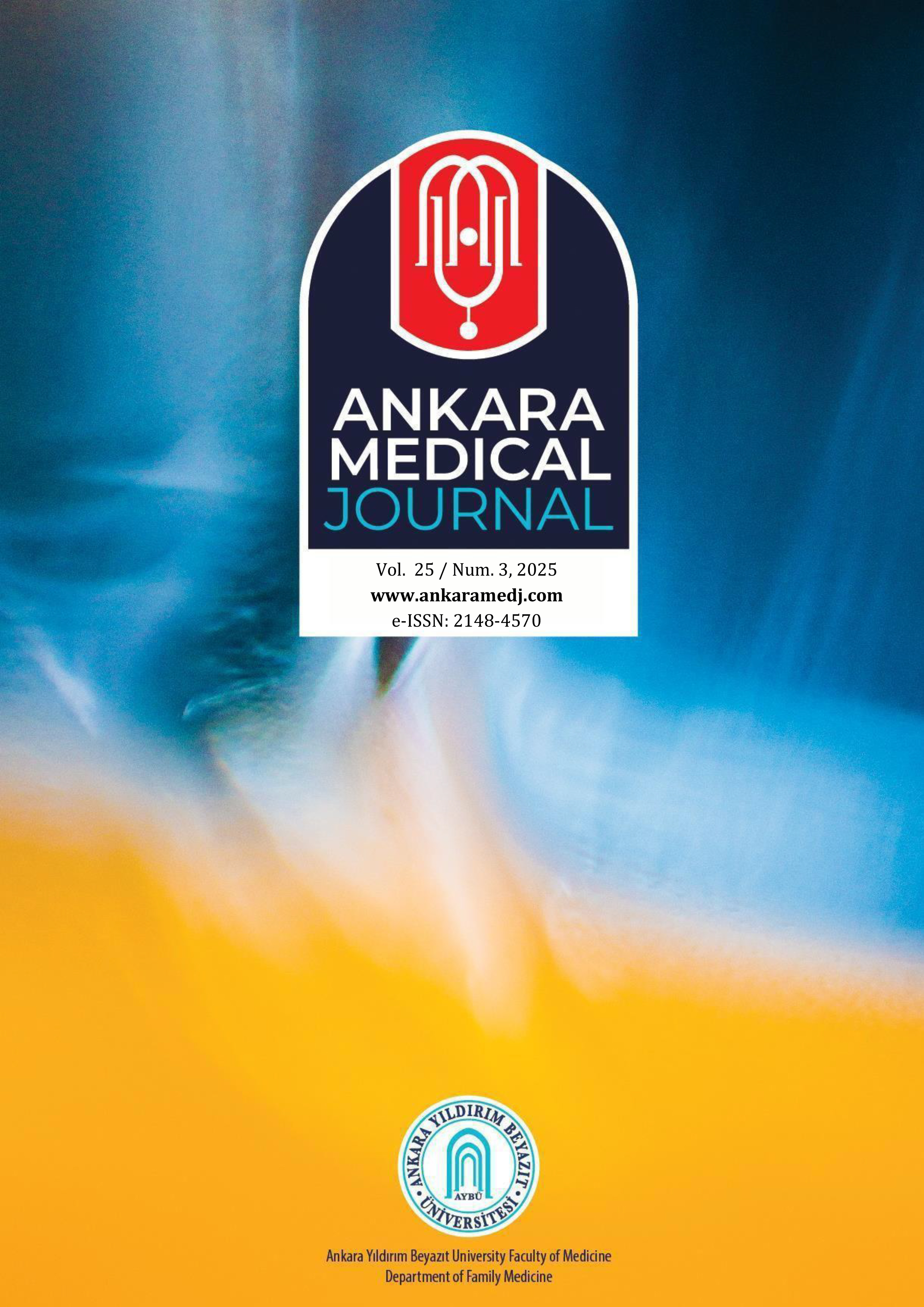Evaluation of the Relationship Between Frailty, Polypharmacy, and Depression in People 65 Years of Age and Older
Irem Erdoğan1, Ozge Tuncer21Kuluncak Mehmet Ali Sekerci Dıstrıct Integrated State Hospıtal, Malatya, Turkey2Department Of Family Medicine, Uni̇versi̇ty Of Health Sci̇ences İzmi̇r Bozyaka Educati̇on And Research Hospi̇tal, Turkey
INTRODUCTION: This study aims to determine the level of frailty in patients aged 65 and over who apply to the family medicine clinic to evaluate the relationship between polypharmacy, depression, and socio-demographic characteristics with frailty.
METHODS: This is a single-center, cross-sectional, descriptive survey. One hundred forty-four participants aged 65 and over who applied to the family medicine clinic at Training and Research Hospital in Izmir were included. The Yesavage Geriatric Depression Scale (GDS)-Short Form was used to measure participants' depression levels, and the Edmonton Frail Scale (EFS) was used to determine the level of frailty. The data obtained were analyzed using IBM SPSS 21.0, and a statistical significance value of p <0.05 was accepted.
RESULTS: The group with the highest percentage of participants was under 75 years old, constituting 65.32% of the total group. According to the GDS score average, a significant relationship was found between depression and gender, education level, monthly income, and falls. According to the EFS-TR score average, a significant relationship was found between frailty and age, gender, education level, marital status, monthly income, lifestyle, number of medications used, number of emergency hospital admissions, and falls. A moderate positive correlation was found between GDS and EFS.
DISCUSSION AND CONCLUSION: The study found that many socio-demographic characteristics affect depression and frailty. It was observed that frailty increases as depression and polypharmacy increase, but there was no significant relationship between polypharmacy and depression. These results are important for better support and protection of elderly individuals in health and social care.
Makale Dili: İngilizce
(744 kere indirildi)





